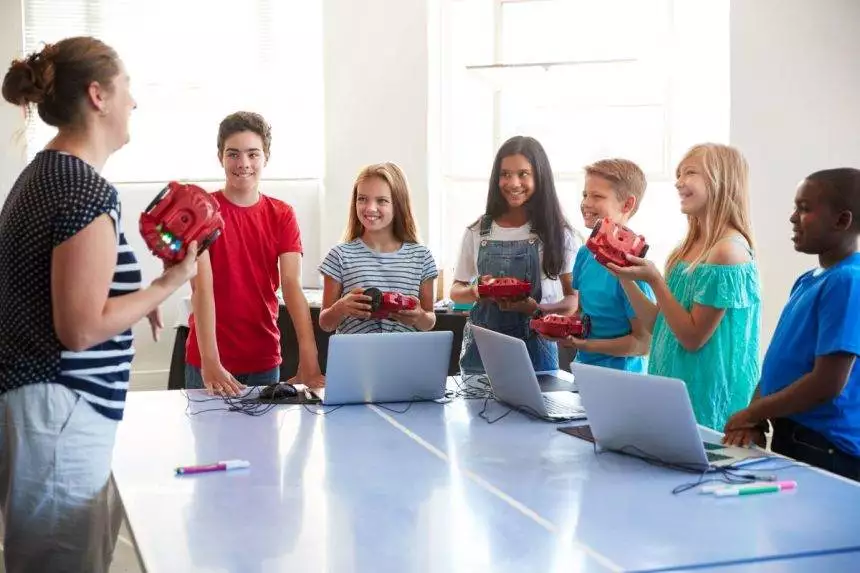In the digital age, students’ commitment to the learning process is essential to their academic success. Traditional methods of learning are redefined, and educational games innovate the pedagogical landscape. Using games as learning tools can transform educational experience, leading to improved results and student involvement. Learn more about how games can be integrated into education to increase students’ commitment and enthusiasm.
Games as learning tools
The games have been recognized for their potential to improve cognitive skills and increase motivation. When we talk about “gamification” in education, we refer to the application of design elements in games in non-ludic contexts to improve the engagement and participation of students. Studies look like gamesthey can increase intrinsic motivation and help develop social and emotional skills.
Virtual Reality and Augmented Reality in Education
Technologies such as virtual reality (VR) and augmented reality (AR) take place in classrooms and introduce a new dimension during the learning process. Students can explore historical spaces, simulate scientific experiments or solve mathematical puzzles in an interactive virtual environment. For example, Google Expeditions offers virtual tours that can complement traditional lessons, making them more memorable for students.
Gaming as a window to collaboration
Games that require team effort and collaboration can strengthen the work in grup and can develop communication skills. Thus, students learn to assume roles, manage their resources and solve problems together. Minecraft Education Edition is an example of a game that encourages creativity and collaboration, being used in many schools to introduce complex concepts in an accessible way.
Mobile applications and gamification
Mobile learning applications, such as Duolingo or Khan Academy, use gamification elements such as points, levels and badges to encourage users to stay active and involved in learning. These platforms are increasingly popular among students because they combine the familiar and fun way of using gadgets with the educational process.
Social and emotional impact of educational games ng>
In addition to cognitive and academic aspects, educational games have a positive impact on social and emotional development. These can improve self-esteem, resilience and empathy, providing students with a safe environment to test and exceed their limits. In addition, the success of the games can be transferred in self-confidence and positive attitude towards learning.
In conclusion, innovative methods of learning through games represent an important step in pedagogical evolution, responding to the demands of a generation born in the digital age. Being conceived to be engaged and interactive, games in the field of education can cause students to become more enthusiastic and more involved in the learning process. It is crucial that educators and developers work together to design materials that not only educate, but also capture the intereststudents, at the same time giving them the opportunity to have fun and interact with their colleagues in new and constructive ways. Thus, we can expect games to continue to play an increasing role in the educational environment, contributing substantially to the development of future generations’ skills.
